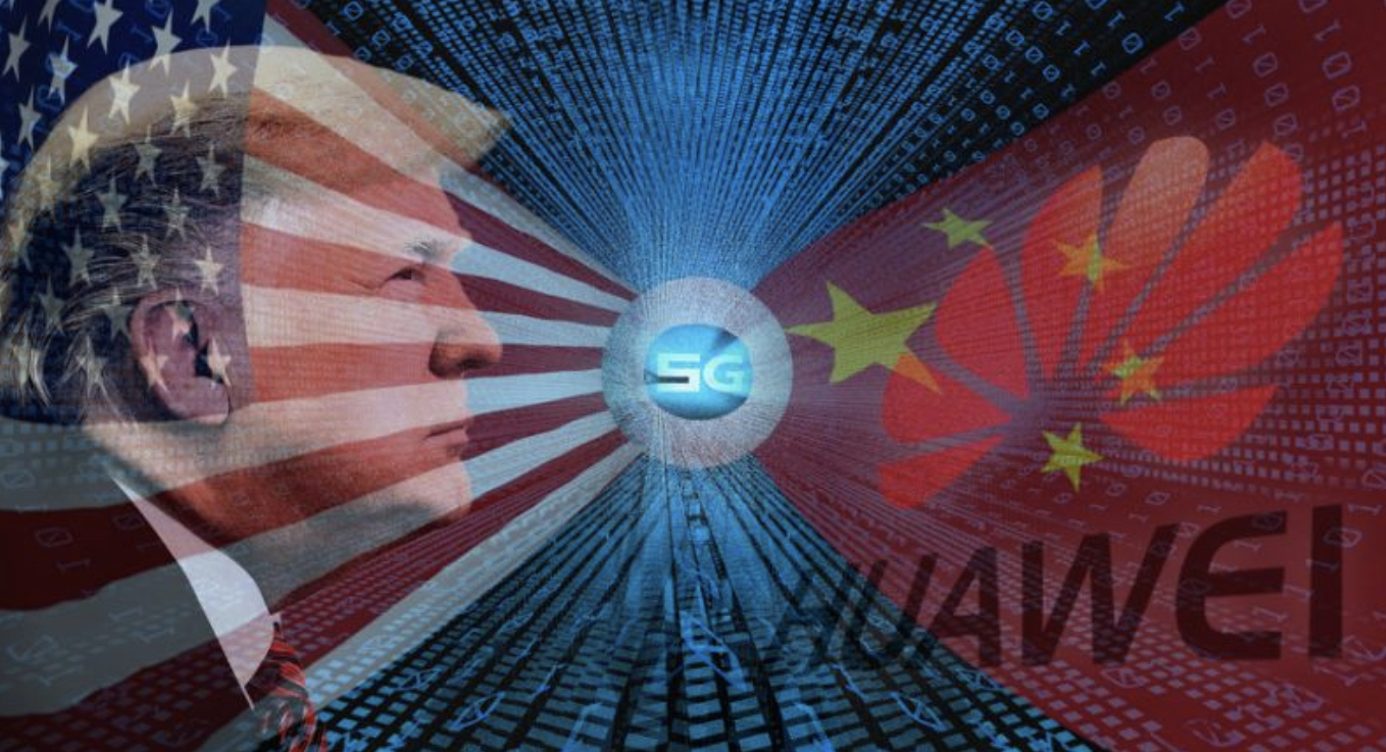Beijing on Tuesday hit out at new US sanctions against telecom giant Huawei, accusing Washington of an “abuse of national power” to block the rise of Chinese companies.
A US Commerce Department statement on Monday barred an additional 38 Huawei affiliates from buying American computer chips and other technology.
Tensions were already high between the two powers, and Washington has claimed that Chinese firms are used to spy for Beijing – an accusation the Chinese government and the companies deny.
Chinese foreign ministry spokesman Zhao Lijian on Tuesday said there was no evidence that Huawei products contained security loopholes or backdoors.
The sanctions have “completely punctured the last pretence of market principles and fair competition that the US has always touted”, he added.
Washington has engaged in “abuse of national power to apply all sorts of restrictions on Huawei and other Chinese enterprises,” he said at a regular press briefing.
Read more: Deutsche Telekom diversifies suppliers as Huawei debate grows
US officials have argued that Huawei poses a security risk because of its links to the Beijing government and military, a claim denied by the company.
Commerce Secretary Wilbur Ross said Huawei and its affiliates “have worked through third parties to harness US technology in a manner that undermines US national security and foreign policy interests”.
The Trump administration has banned Huawei from 5G wireless networks in the United States and pressed allies to do the same.
US firms hit too
But the ban is also likely to affect US companies such as Qualcomm and Intel and other smaller chipmakers in Asia and Europe.
Several questions remain about the how the new curbs will be implemented and how far the US Commerce Department intends to push in terms of requiring knowledge of a transaction that could be on behalf of Huawei or an affiliate on its blacklist, Reuters reported.
For instance, a semiconductor vendor would potentially be required to know where all its products end up so they do not engage in any transaction where a Huawei affiliate might be a purchaser, intermediate consignee, ultimate consignee or end-user.
Huawei became the largest global smartphone manufacturer in the past quarter, largely due to sales in the Chinese market, even as Washington moves to deny the company access to much of the Google Android system.
Zhao on Tuesday urged the US to “correct its mistakes,” saying China would “continue to take necessary measures to protect the legitimate rights and interests of Chinese companies”.
US President Donald Trump has also sought to ban the popular mobile application TikTok if it is not divested by its Chinese parent firm ByteDance, and ordered a ban on the Chinese messaging app WeChat, owned by tech giant Tencent.
























